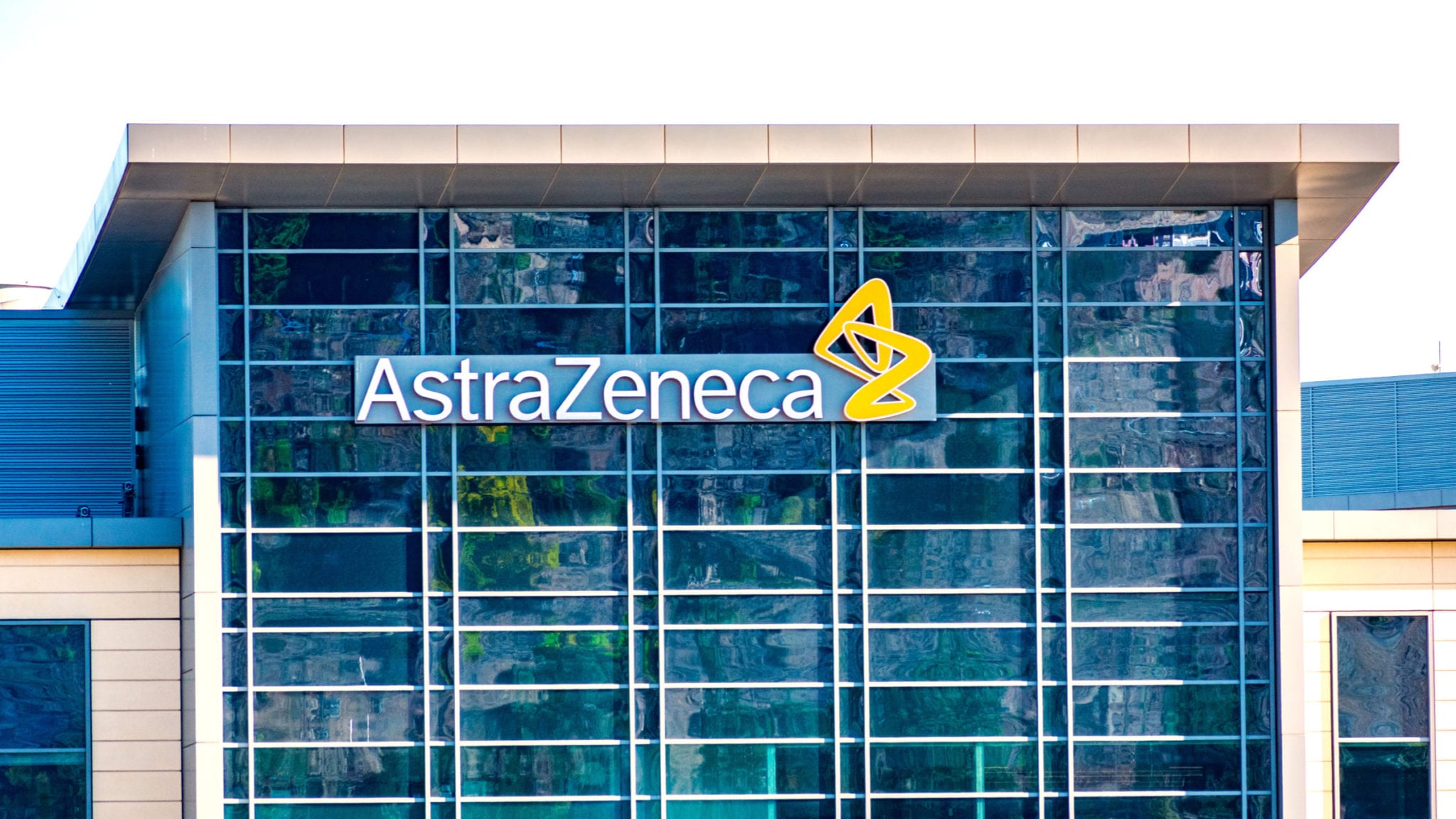
AstraZeneca/Oxford score first vote of confidence as UK authorizes their Covid-19 vaccine
AstraZeneca and Oxford have landed the first authorization for their Covid-19 vaccine. And with this particular shot, the UK may be much further ahead than the rest of the world.
The MHRA recommended an emergency OK to the UK government almost two months after it started a rolling review — although the developers only submitted the full application last week. Regulators have determined that “the vaccine has met its strict standards of safety, quality and effectiveness,” according to a statement, even though experts in other countries have raised questions.
Unlock this article instantly by becoming a free subscriber.
You’ll get access to free articles each month, plus you can customize what newsletters get delivered to your inbox each week, including breaking news.